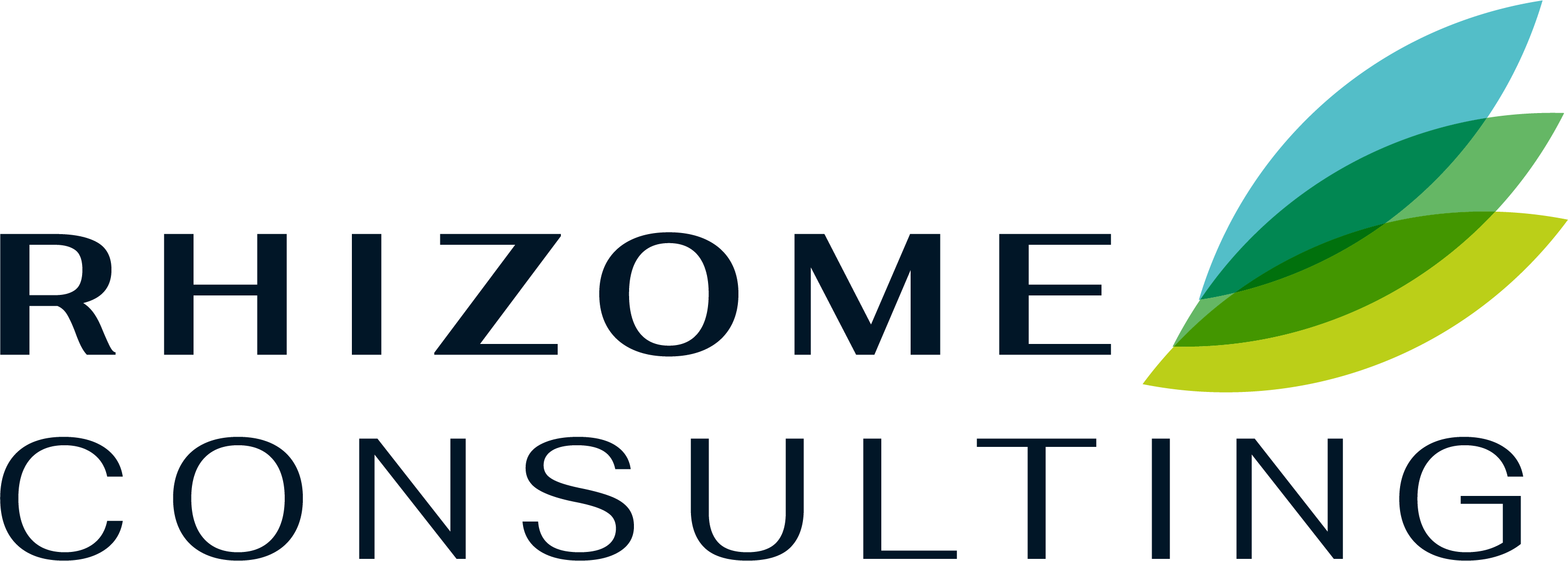- April 21, 2020
- Posted by: admin
- Categories: Work, Your Guide

More than half of workers say that distractions are preventing them from working properly; we explore how to tackle the most persistent problems, from smartphones to social media
Whether you’re in a busy office, working flexibly in a café, or spending the day working at home, there is a near-endless range of distractions that could tempt you to spend time away from what you’re supposed to be working on.
So how can you combat the biggest causes of workplace distraction – both in terms of your own personal approach to work and as part of wider, HR-led initiatives to boost productivity? CIPHR explores the most significant causes of interruption, and how to lessen their impact on your day.
- Smartphones
The average individual checks their smartphone 28 times a day – and many, significantly more. Apps – particularly social media ones – have been designed by their creators to be deliberately addictive, rewarding our habits of ‘just checking’ for notifications and to see if friends or celebrities have updated their profiles.
The best way to prevent your smartphone tempting you during the workday is to turn it off or switch it to airplane mode. But that’s not a practical option for most of us. Instead, try locating your phone somewhere out of sight – in a drawer, handbag or backpack, for example – but with the volume loud enough that you can hear a call or text come through in an emergency. The nature of your job will determine how frequently you need your phone because some jobs require interactions with clients or colleagues in other locations.
Review your apps’ notifications settings, too: most by default will flash up on your screen whenever there’s even the slightest activity on your feed or account. Turn off some of the notifications, and there’ll be less reason for you to check your phone.
If you’re really worried that your habit of checking your phone has become compulsive, try installing an app such as Checky or Moment that’ll record how often you check your phone each day.

- The Internet
Adult users spend a whopping day a week online, according to Ofcom’s Adults media user and attitudes report 2018. Four in 10 adult internet users surveyed by Ofcom say they spend too much time online, and a further third (30%) say they want to spend less time online.
But in working environments that are increasingly centered around online communications (whether through email or messaging apps) and browser-based systems, it can be really hard to disconnect and focus on deep work.
Willpower can be notoriously unreliable in the face of temptation, so many people turn to apps and browser plug-ins to restrict their free access to the internet. Popular options include:
Trackr – an extension for Google Chrome that calculates how much of your browser time you spend on different websites, so you can identify areas to cut down on
StayFocusd – another Chrome extension that limits your access to time-wasting sites. You can choose to restrict access for certain periods, or limit the number of visits you are allowed to certain websites each day
Strict Workflow – if you’re a fan of the Pomodoro technique (25 minutes of work followed by a five-minute break), this is the extension for you. It’ll block specific websites for 25 minutes, allowing you to get on with crucial tasks

- Gossiping and chatty co-workers
Gossip and conversations are important for building a friendly, collaborative culture and atmosphere. But, if left unchecked, spending too much time in conversation – particularly on bad-natured gossip – can have a damaging effect on both productivity and team morale.
If a conversation is happening that you don’t want to get involved with, you can try stepping away from the conversation, perhaps by saying that you have some urgent work to do and will catch up with them later. Wearing headphones – whether you’re actually listening to music – is a clear signal to co-workers that you’re not up for a chat right now.
If you’re having problems with a persistently chatty or distracting team member, try having a discrete conversation with them about the impact it’s having on your day, or ask your line manager to have a quiet word with them about it.

- Emails
Trying to instantly action and reply to emails as they arrive is a one-way road to distraction. Instead of continuously checking your inbox, demarcate specific times of day when you will handle your email.
If you receive a large quantity of emails that you’re routinely copied into for reference (and there are no actions required on your part), then you could set a rule to automatically re-route these to a specific folder. This folder can then be reviewed at the end of the day to ensure that you’re aware of what’s happening.
Rules can also be used to send automatic replies, perhaps notifying less important email senders of your new email routine, and filtering emails from different senders into their own folders – or even deleting them.
And you could try tackling the glut of email from another angle: by reducing the number of emails you send and receive. Unsubscribe from that web store you bought a lightbulb from two years ago but never purchased from again. Send fewer emails yourself; if you need to resolve a situation, try phoning, calling a meeting, or using a messaging app. If you absolutely do have to send an email, think carefully about the recipients you need to include, and make sure that you’re clear and concise in your messaging so you won’t need to follow up with additional clarification.

- Meetings
Research from consultancy Bain & Co suggests that 15% of workers’ time is spent in meetings, while HR professionals spend more than a fifth (22%) of their working day attending meetings, according to a recent People Management survey.
To cut down on time spent in meetings, think about the ones you organise yourself. Are they really necessary, or do you just have a recurring event in your calendar every week or month? Does everyone on the invite list really need to be there? If you invite eight people to a one-hour meeting, that’s the equivalent of a whole working day of time. Cut down on the meetings you personally arrange, streamline the attendees, and create clear agendas. Your colleagues will thank you for it.
Next, think about the meetings you’re invited to attend. Just because you’ve been invited doesn’t mean you have to attend. Maybe you’re too busy, or maybe you’re not the right person to go along. Be more discerning in which invitations you say ‘yes’ and ‘no’ to: don’t mindlessly click ‘accept’ when the invitation appears in your inbox. If you think that part of a meeting might be useful to you, make that clear to the organiser and say you’ll turn up for the relevant part – whether that’s at the beginning, middle or end – and leave when your part is concluded. There’s absolutely no point staying in a meeting that’s irrelevant to you.

Source: https://www.ciphr.com/advice/workplace-distractions/
